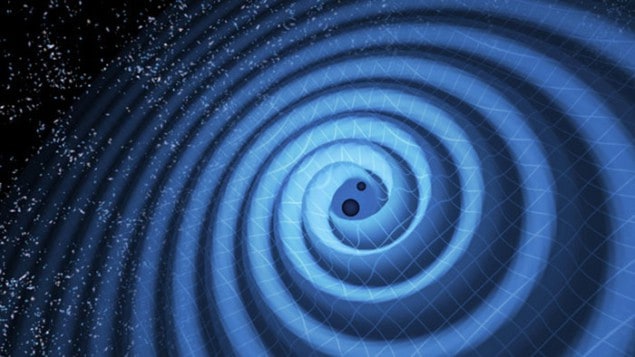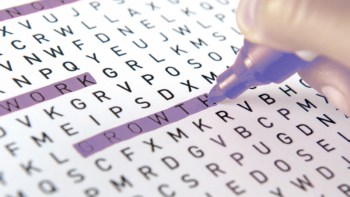
The University of Texas Rio Grande Valley (UTRGV) in the US has had to repay almost $5m in research grants that were allegedly misused by the Center for Gravitational Wave Astronomy (CGWA). The UTRGV, which opened in August 2015, is repaying the grants that were given to the CGWA when it was part of the University of Texas at Brownsville (UTB).
The state of Texas created the UTRGV by consolidating the UTB with the University of Texas–Pan American in Edinburg, and the UT Regional Health Center in Harlingen, which were dissolved after the new university started operation. At its founding, the UTRGV assumed all the assets and liabilities of the universities it replaced.
Crucial role in LIGO
Founded in 2003, the CGWA played a significant role in developing the basic technologies, instrumentation and algorithms involved in the first detection of gravitational waves in September last year by the Laser Interferometer Gravitational-wave Observatory (LIGO) in Washington and Louisiana.
But according to The Monitor – a local Texas newspaper – an internal audit carried out by the University of Texas as part of the closure of UTB discovered that the centre had misused nearly $2m in research grants from NASA, the National Science Foundation, and the Department of Defence over a period of six years.
Another audit revealed apparent misuse of almost $3m in grants from the Texas government from 2012 to 2015. The auditors indicate that the grants had been used to pay faculty members who were teaching rather than carrying out research.
Unexpected hole
The $5m repayment leaves an unexpected hole in the UTRGV’s $478m annual budget. “In connection with audits conducted last year at both legacy institutions, issues with expenditures related to grants and to benefits proportionality were identified at the University of Texas at Brownsville,” the UTRGV noted in a statement to Physics World. “Those findings resulted in UTRGV returning almost $5m to the appropriate state and federal agencies. UTRGV is currently evaluating the impact, if any, these repayments will have on future operational decisions.”
Just how the misuse of the grants occurred, however, remains unexplained. “While my department, along with the university, continues to evaluate the situation, I have been asked not to comment until the facts have been established,” physicist Mario Díaz, who is director of the CGWA, told Physics World.



